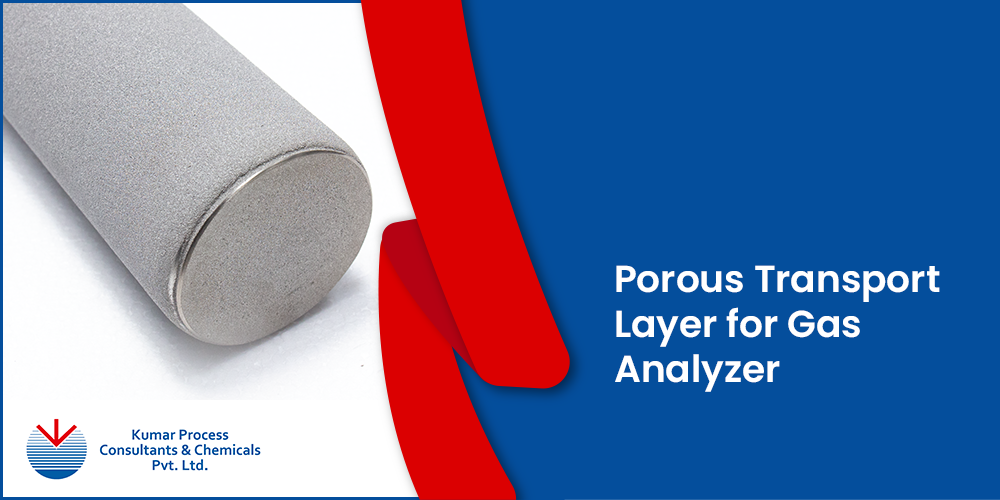


Gas analyzers are sophisticated devices designed to measure the concentration and composition of gases in a given environment. They are widely used across industries such as energy, manufacturing, healthcare, and environmental monitoring to detect and quantify gases like oxygen, carbon dioxide, nitrogen, hydrogen, and more. By providing real-time analysis, gas analyzers play a critical role in ensuring safety, optimizing processes, and complying with regulatory standards.
Gas analyzers are essential for maintaining operational efficiency, safety, and environmental compliance. In industrial processes, they help monitor gas purity, detect leaks, and ensure optimal combustion. In environmental applications, gas analyzers track emissions and air quality to mitigate pollution. Healthcare relies on gas analyzers for precise measurement of respiratory gases, ensuring accurate diagnoses and treatments. Their ability to provide accurate and timely information makes them indispensable across a wide range of applications.
Gas analyzers function by detecting and quantifying gases using advanced technologies such as infrared spectroscopy, electrochemical sensors, and thermal conductivity. Each method is tailored to measure specific gas properties. For instance, infrared analyzers detect the absorption of light at certain wavelengths, while electrochemical sensors measure gas concentrations through chemical reactions. These devices are equipped with porous transport layers to facilitate the even distribution of gases across their sensors, ensuring reliable and accurate readings.
The porous transport layer (PTL), also referred to as Gas Diffusion Layers (GDLs) is a crucial component in gas analyzers, facilitating efficient gas distribution and enhancing sensor performance. Their high porosity and controlled pore size enable precise gas diffusion while allowing the removal of reaction.
Sintered titanium filters are highly effective in gas analyzers due to their robustness and precision.These filters offer superior mechanical strength and chemical resistance. Sintered titanium fibers with controlled pore distributions enhance gas diffusion and reduce bubble accumulation, optimizing mass transport, enabling the removal of particulates and moisture from gas samples.
The porous transport layer is integral to the functionality and efficiency of electrochemical systems. Through material advancements, microstructural optimization, and innovative manufacturing techniques, PTLs continue to push the boundaries of performance in gas analysis, fuel cell operation, and hydrogen generation, paving the way for sustainable energy solutions.